- CN
BGI has a history of providing timely technical support at the front line during public health crisis. By applying cutting-edge omics technology, we decipher pathogenic genomes, carry out mutation monitoring and research on pathogenic genomes, develop diagnostic kits and propose response plans. BGI supports clinical diagnosis and treatment and tackling scientific problems at time of public health crisis.
“Unstoppable” is the theme of the 74th World Red Cross and Red Crescent Day. Driven by the mission of “OMICS FOR ALL”, B... Learn details
“Unstoppable” is the theme of the 74th World Red Cross and Red Crescent Day. Driven by the mission of “OMICS FOR ALL”, BGI has always been playing an active role in global public health incidents and major natural disaster reliefs. From SARS to COVID-19, the passionate BGIers have charged into various battlefields around the world without hesitation, forming an “unstoppable” force for the well-being of humanity.
2003
The Fight Against SARS
In 2003, the SARS epidemic broke out. Motivated by a strong sense of social responsibility, BGI completed the whole genome sequencing of four strains of the SARS virus in just 36 hours and developed a virus detection kit in 96 hours. BGI also donated 300,000 virus detection kits to the National Headquarters for SARS Prevention and Control in China.
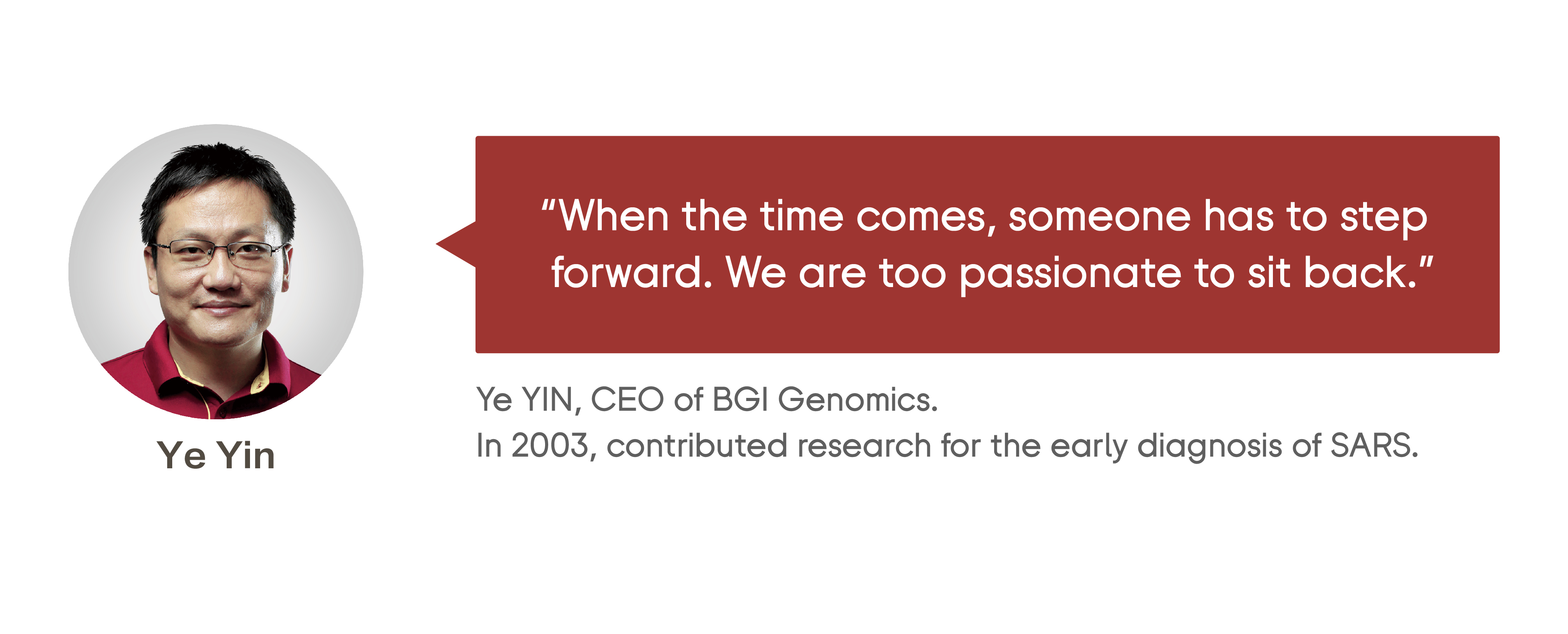
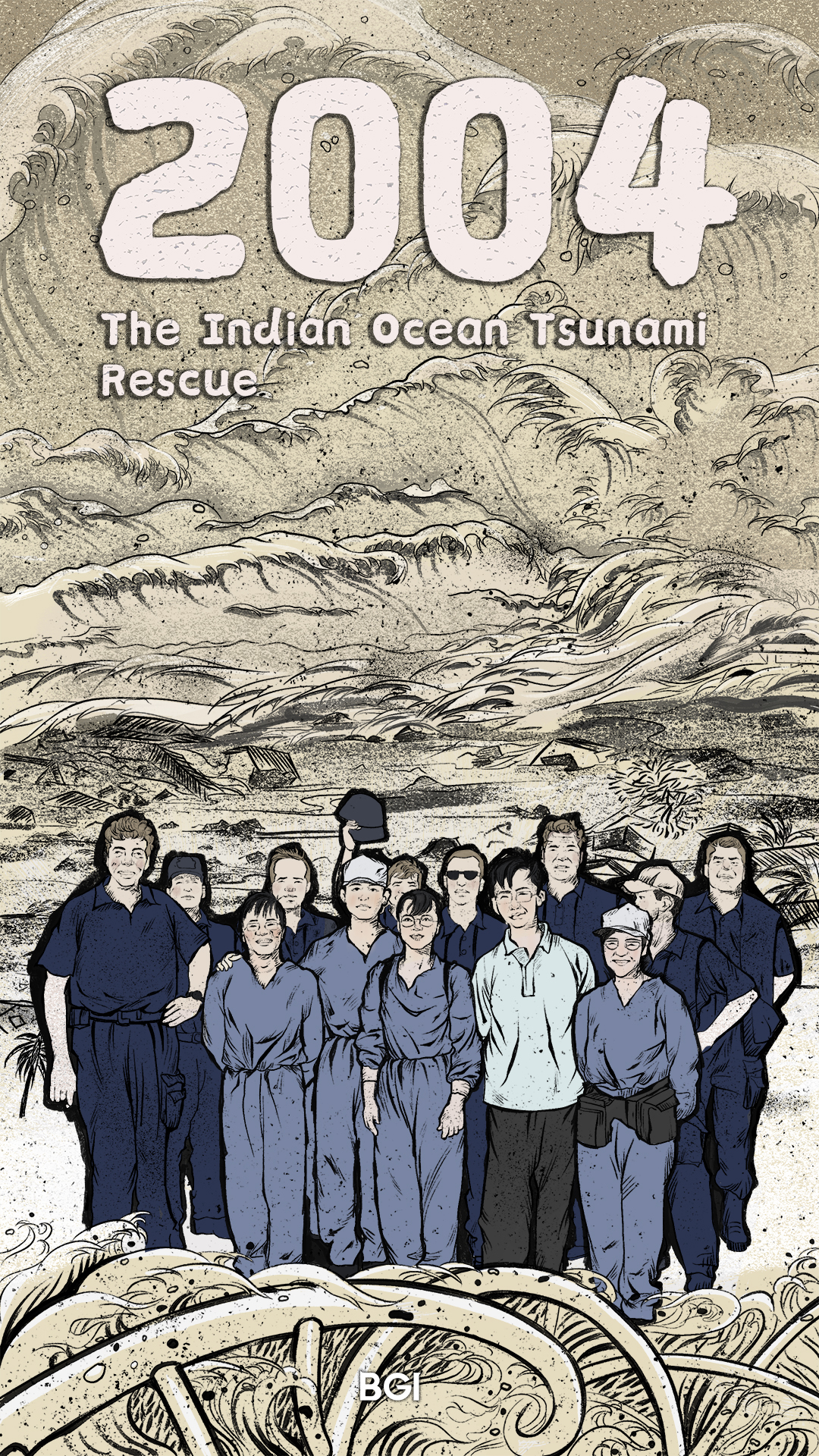
On December 26th, 2004, the Indian Ocean tsunami engulfed Thailand, leading to more than 200,000 deaths. As a major global tourism destination, many of those who died were foreign national tourists, posing a challenge for resource-strapped local officials to identify the victims.
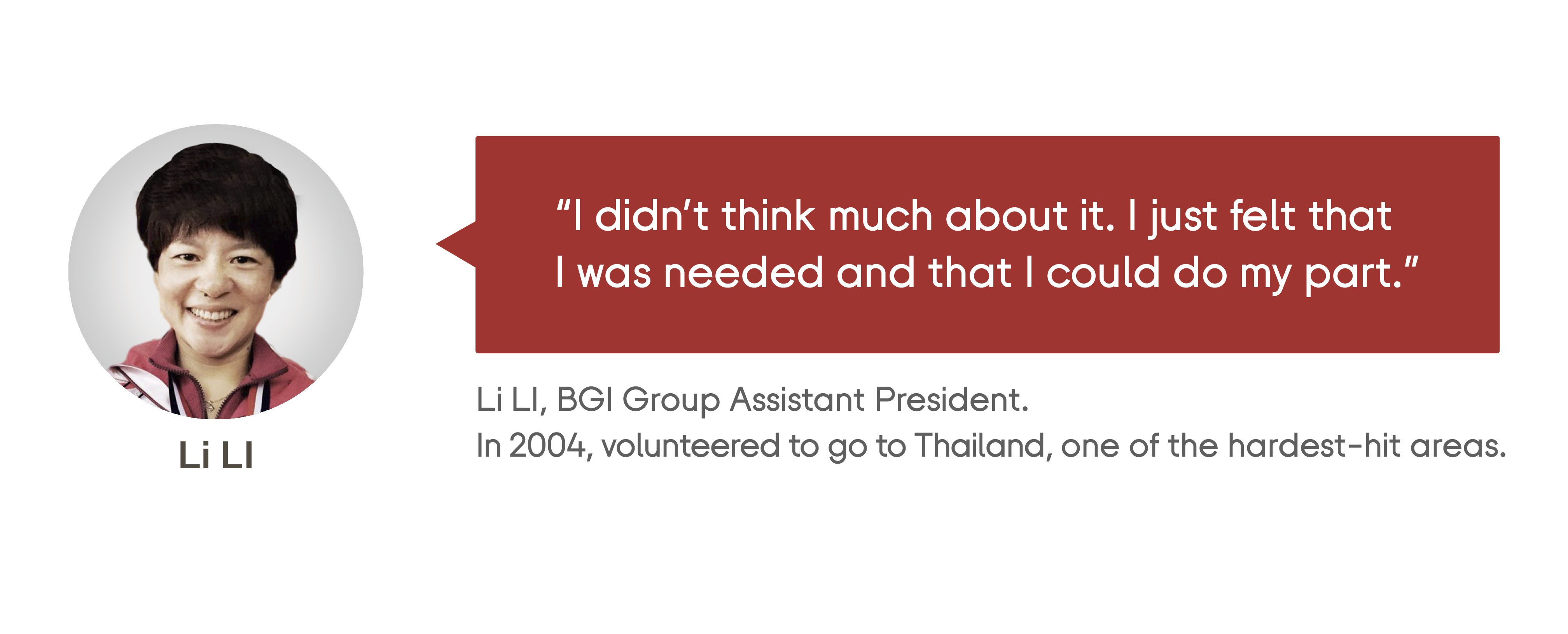
2008
Supported Wenchuan Earthquake Rescue Efforts
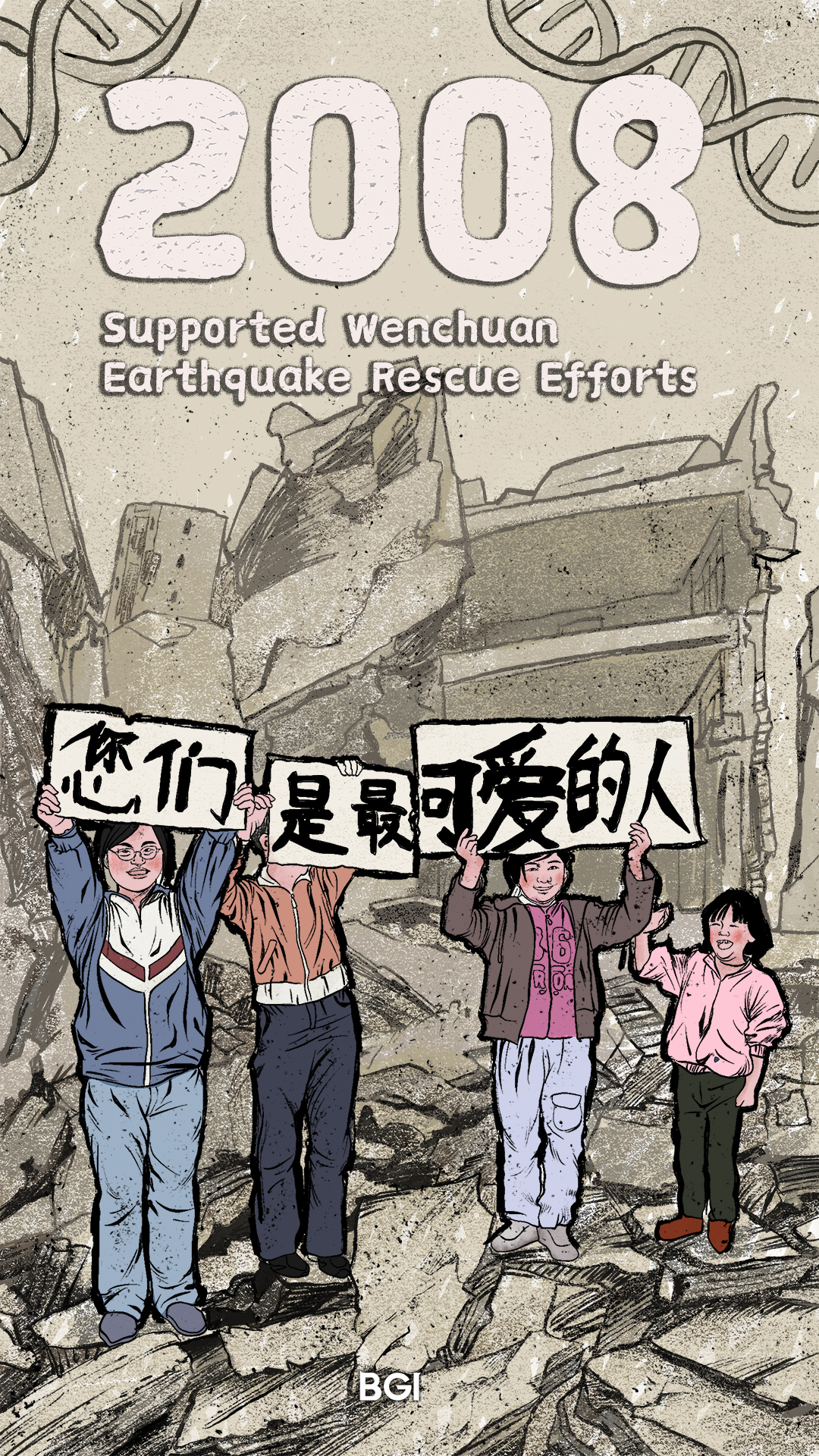
On May 18th, 2008, six days after the “5.12 Wenchuan Earthquake”, BGI dispatched an Earthquake Disaster Relief Task Force led by BGI Co-founder and Chairman Wang Jian to the disaster area in Sichuan, China to assist the post-disaster infectious diseases detection and epidemic prevention.
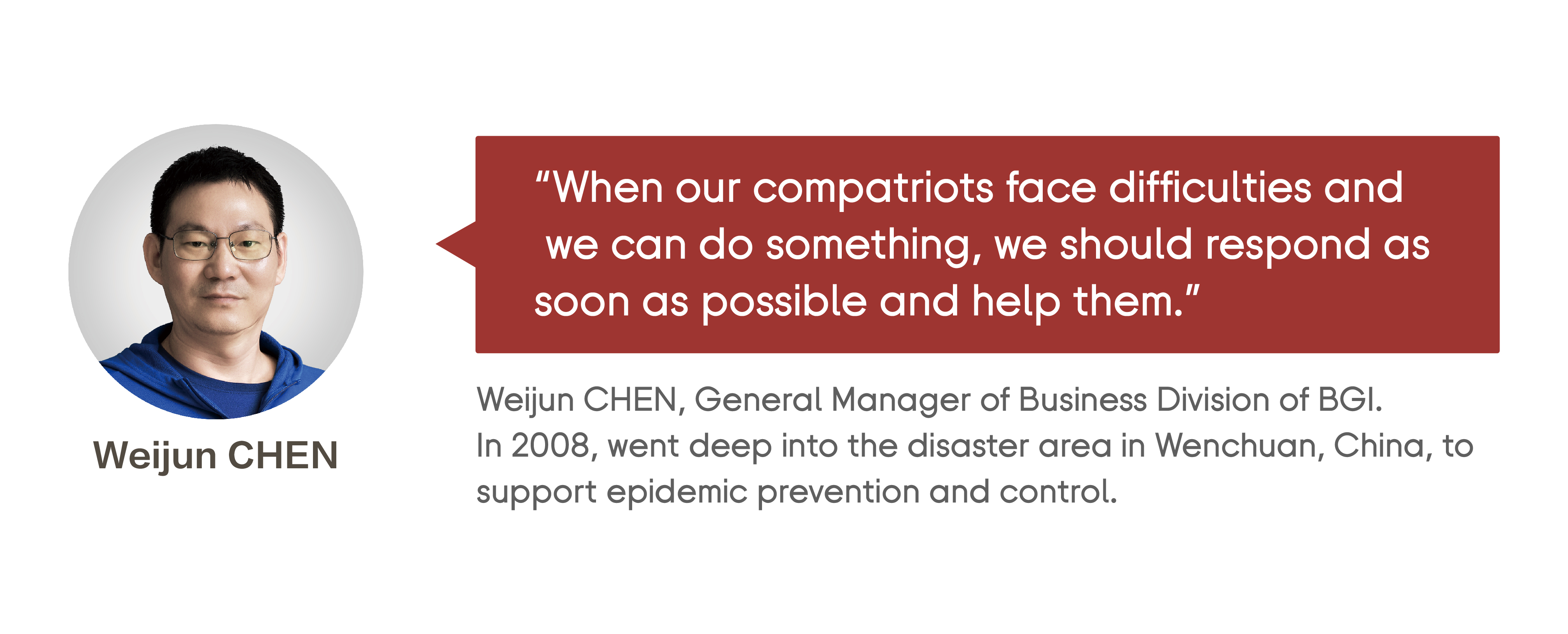
Decoding Enterohaemorrhagic Escherichia Coli (EHEC)

In May 2011, the Enterohaemorrhagic Escherichia Coli (EHEC) epidemic broke out in Germany, which infected thousands of people and resulted in multiple deaths. Finding the source of infection as fast as possible to provide treatment became the top priority for local health officials.
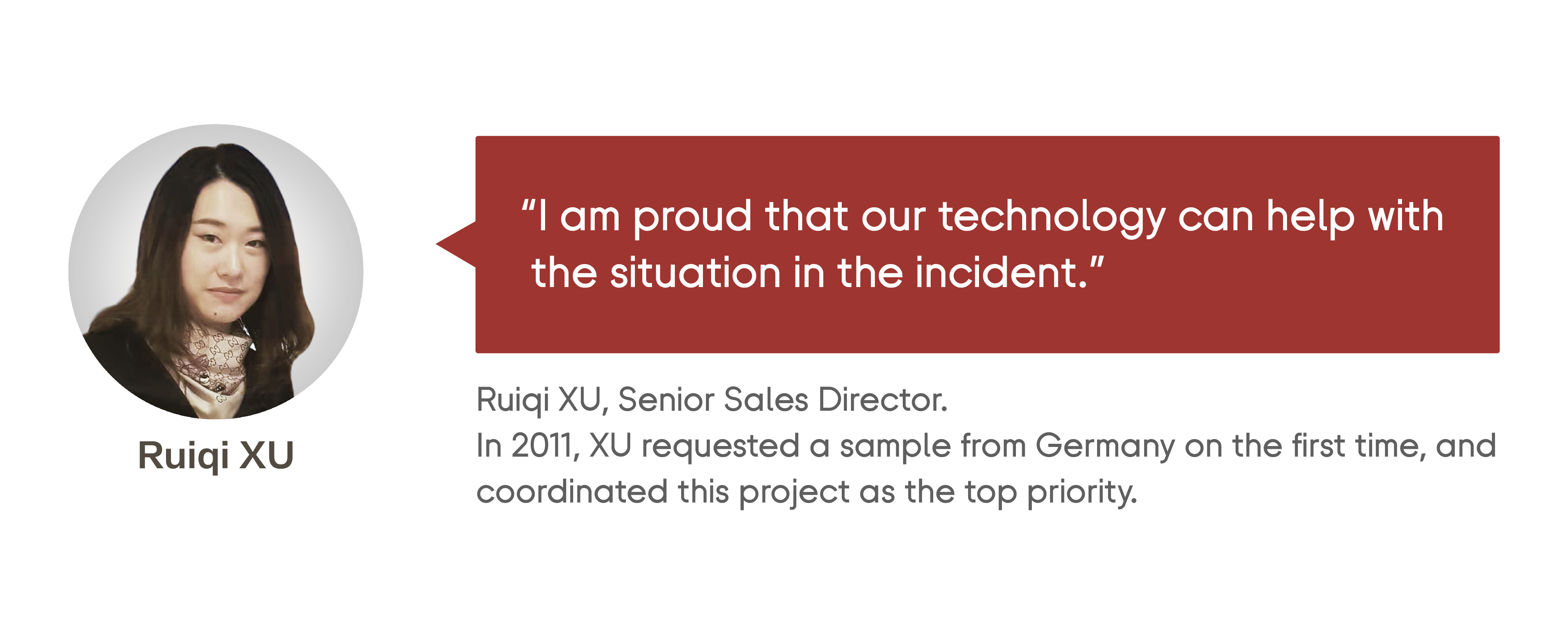
Support Ebola Virus Detection in Africa
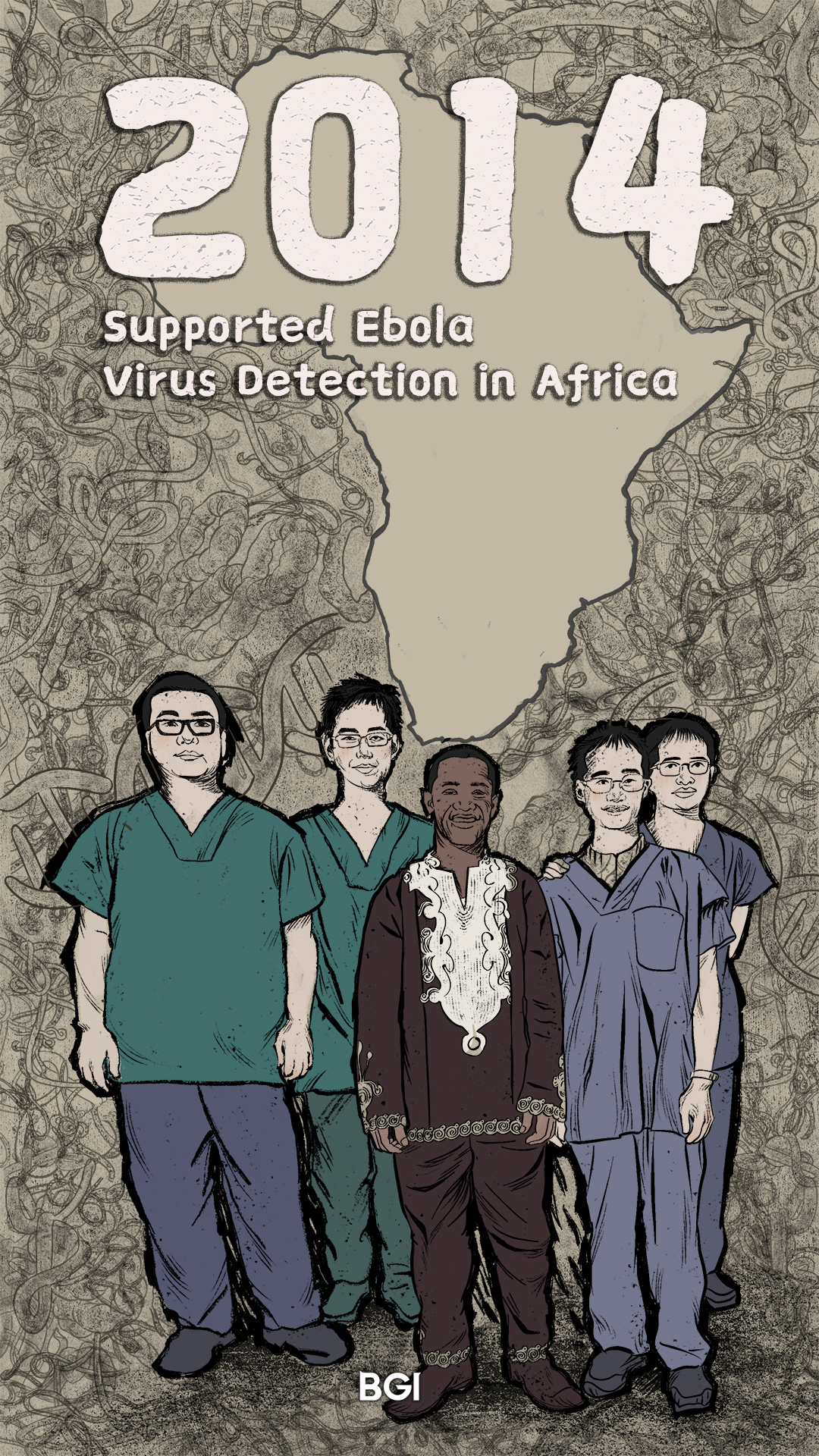
In late 2014, Ebola struck back in West Africa. To help control the Ebola outbreak and contain its spread, BGI offered sequencing equipment and testing reagent for free and dispatched a team of professionals to the capital of Sierra Leone to assist the China disease control team with samples testing, technical support, and training. In addition, BGI successfully developed a rapid Ebola detection reagent and built an Ebola virus mutation monitoring platform, which contributed greatly to local epidemic prevention and control.
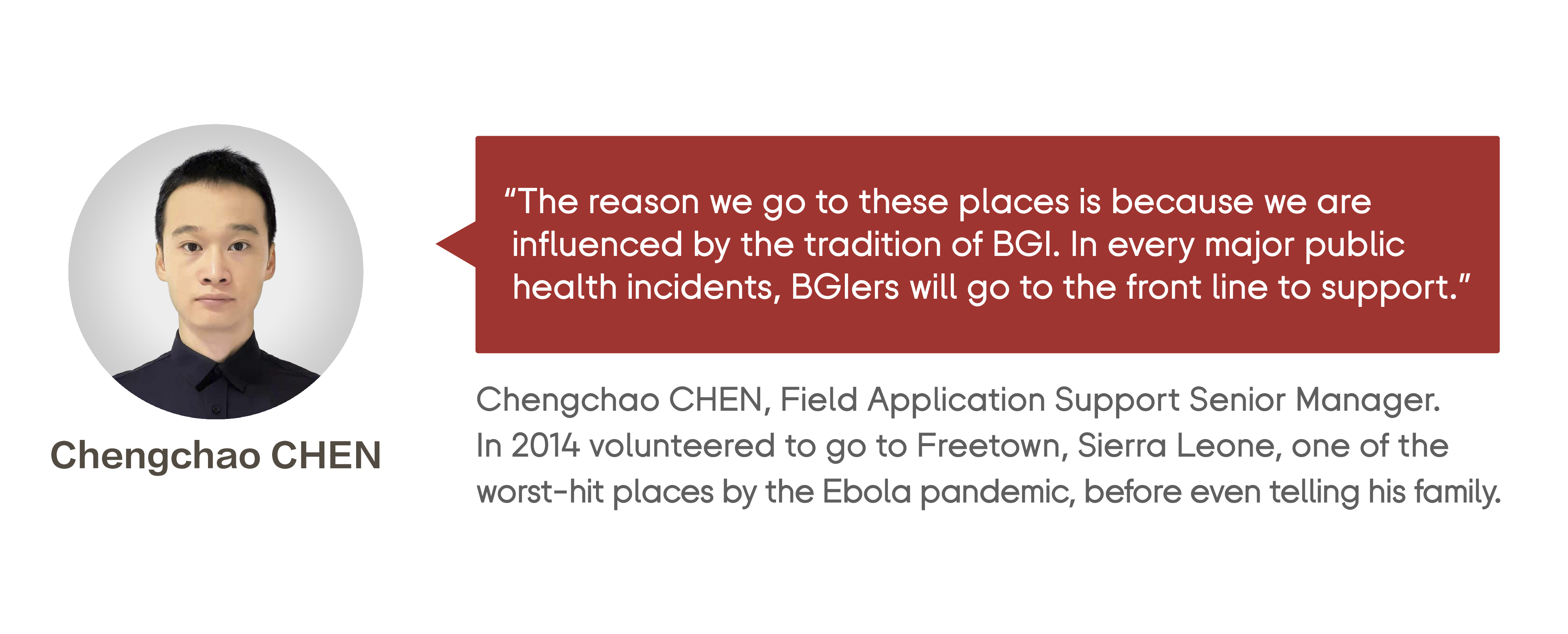
Contributed to the Frontline Fight Against COVID-19
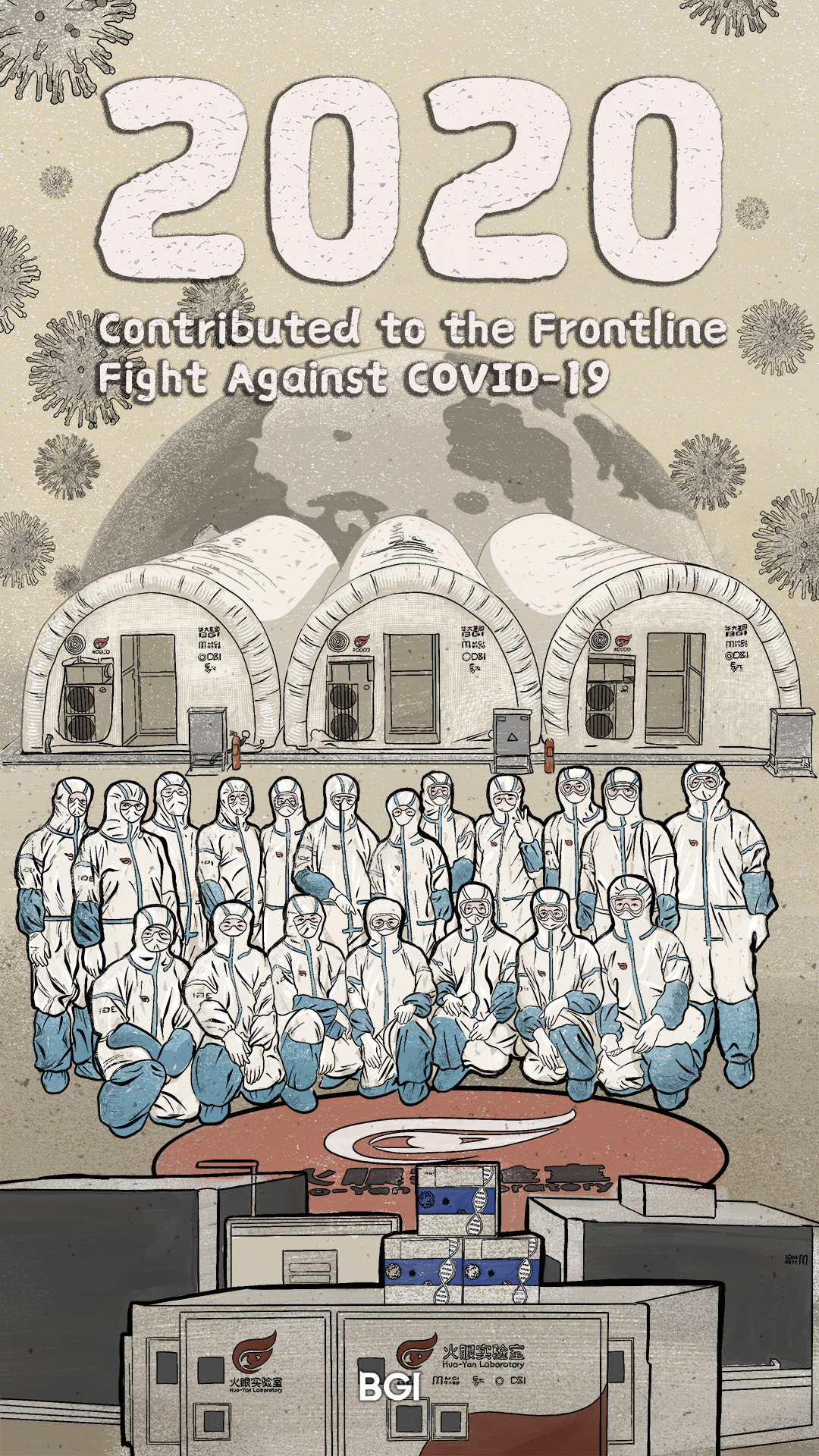
The COVID-19 pandemic outbreak in early 2020 rapidly became a truly global public health emergency, and its infectious nature made it difficult to prevent and control. In the initial stages of the outbreak, BGI participated in pathogen research and provided technical support for the battle against the COVID-19 pandemic. By January 14, 2020, BGI announced that it had only taken 72 hours to complete the R&D of the SARS-CoV-2 nucleic acid detection kit.
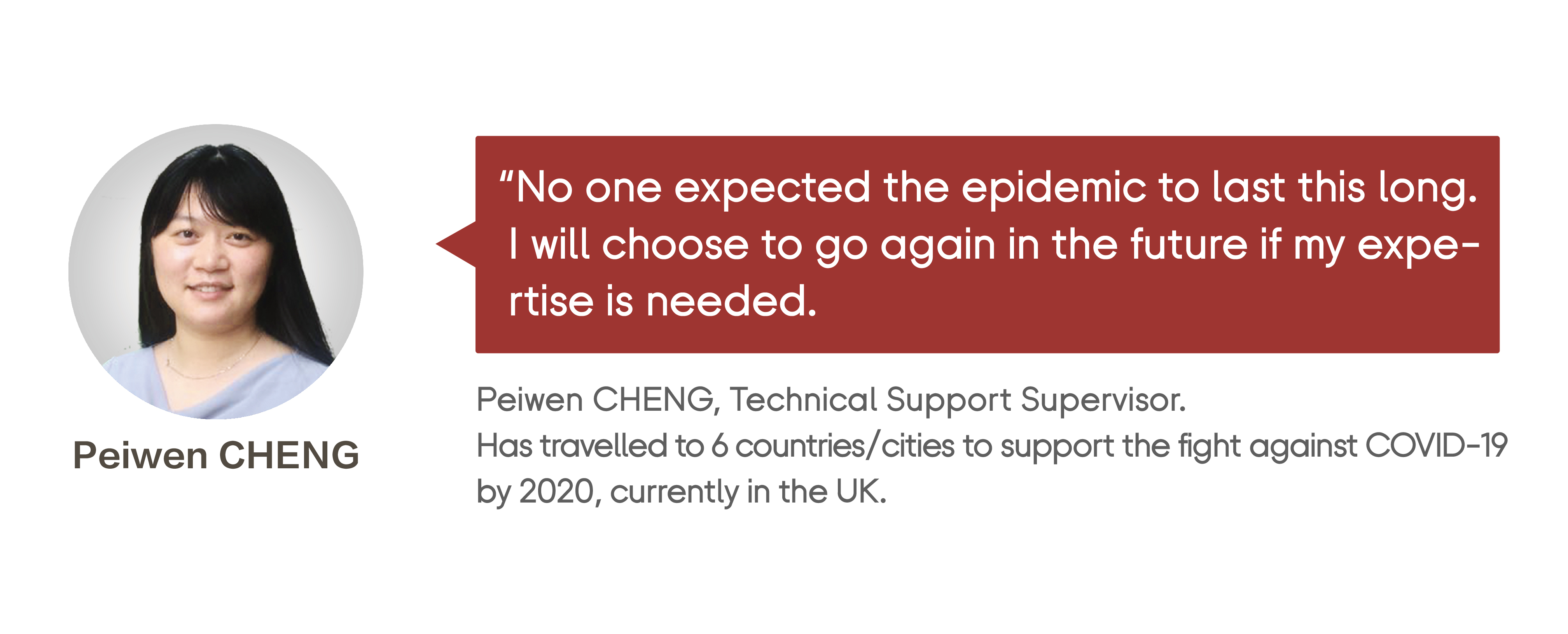
18 years ago, BGI began its journey on defending the health of humanity in the dark hour for the first time; 18 years later, BGI is still at the frontline fighting against the invisible enemies for the global population. The fight is not yet over, and BGI’s action will continue and be unstoppable.
On May 18th, 2008, six days after the “5.12 Wenchuan Earthquake”, BGI dispatched an Earthquake Disaster Relief Task Forc... Learn details
On May 18th, 2008, six days after the “5.12 Wenchuan Earthquake”, BGI dispatched an Earthquake Disaster Relief Task Force led by BGI Co-founder and Chairman Wang Jian to the disaster area in Sichuan, China to assist the post-disaster infectious diseases detection and epidemic prevention. In the disaster area, the task force not only provided surveillance for major infectious diseases but also built up a detection system for disease prevention and control. BGI employees also donated money and materials to support some of the victims of the earthquake.
With the joint efforts of BGI and other rescue forces, no epidemics broke out during the disaster relief period. Local people affected by the disaster publicly expressed their gratitude to the volunteers who came from all over the country.
Chinese Health Authority’s data shows as of 5 p.m. April 6th, 2013, a total of 18 H7N9 cases have been reported in the c... Learn details
In 2011, in response to EHEC outbreaks in Germany, BGI completed genome sequencing of the pathogen within five days and ... Learn details
In May 2011, the Enterohaemorrhagic Escherichia Coli (EHEC) epidemic broke out in Germany, which infected thousands of people and resulted in multiple deaths. Finding the source of infection as fast as possible to provide treatment became the top priority for local health officials.
On May 27th, BGI received samples for an emergency test from Germany. On June 2nd, BGI completed the genome sequencing and published the data. On June 7th, BGI successfully developed the diagnostic kit for this disease and disclosed all the scientific data and information to the international communities for free, laying an important scientific foundation that helped to speed up the control of this epidemic.
On July 28th, a research paper on the EHEC epidemic was published on the world-renowned New England Journal of Medicine (NEJM) , which was prepared by an international research team by BGI-Research, the University Medical Center Hamburg-Eppendorf (UKE) , the Chinese Center for Disease Control and Prevention, and other institutions.
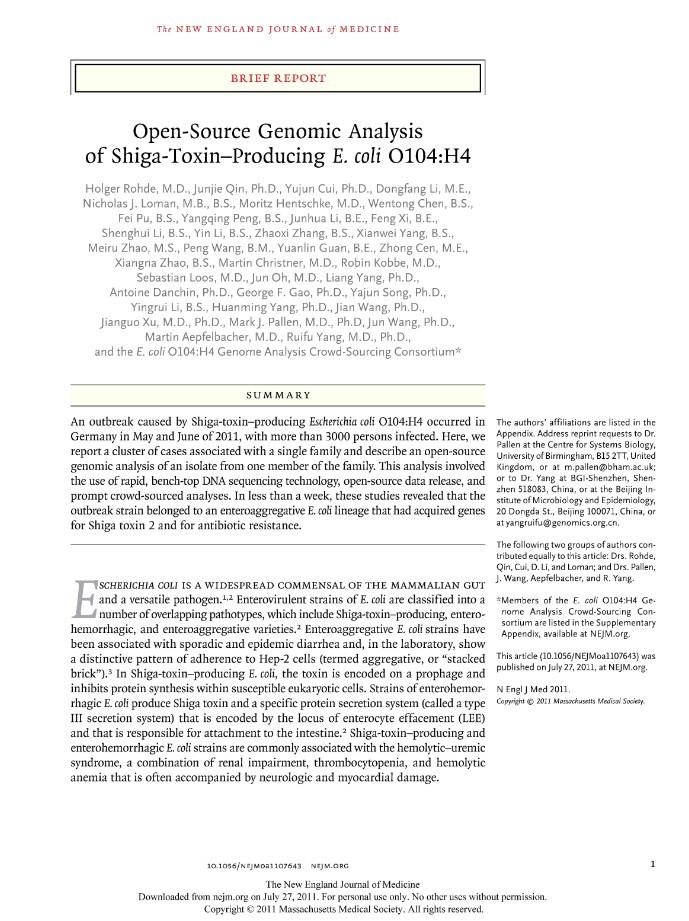
The E. coli Research Paper Published on New England Journal of Medicine (NEJM)
On December 30th, BGI sent a DNA identification team to the tsunami-struck areas in Thailand and identified more than a ... Learn details
On December 26th, 2004, the Indian Ocean tsunami engulfed Thailand, leading to more than 200,000 deaths. As a major global tourism destination, many of those who died were foreign national tourists, posing a challenge for resource-strapped local officials to identify the victims.
On December 30th, BGI sent a DNA identification team to the tsunami-struck areas in Thailand and identified more than a thousand DNA samples of the tsunami victims. This was the first time that China sent DNA identification professionals overseas to support an international rescue mission.
The then Thai Prime Minister Thaksin Shinawatra expressed his gratitude to BGI for the outstanding work in helping local efforts in this major disaster.
In 2003, BGI completed whole genome sequencing of four strains of the SARS virus in just 36 hours, developed a virus det... Learn details
In 2003, the SARS epidemic broke out. Motivated by a strong sense of social responsibility, BGI completed the whole genome sequencing of four strains of the SARS virus in just 36 hours and developed a virus detection kit in 96 hours. BGI also donated 300,000 virus detection kits to the National Headquarters for SARS Prevention and Control in China.
The 7.0-magnitude earthquake jolting Ya'an City in southwest China's Sichuan Province on April 20th, 2013, has... Learn details
BGI cares
about people's livelihood and health, and has organized or participated in
large-scale public welfare activities to provide health assistance to
vulnerable groups and contribute to improving people’s health.
On August 9th, Hua Fund (a charity fund BGI co-founded) in collaboration with Maoming City Health and Family Planning Bu... Learn details
On August 17th, BGI Genomics’Cervical Cancer Prevention and Treatment Project representatives visited Gong Yan, a single... Learn details
On May 8th, the 25th "International Thalassemia Day", "Shenzhen Radio and Television Public Welfare Foundation·Hua Fund ... Learn details
On June 23rd, Hua Fund worked with Shenzhen Radio Pioneer 898 to raise social awareness to two young sisters who suffer... Learn details
On March 21st, Hua Fund is a special fund under the Shenzhen Radio and Television Public Welfare Foundation. It was init... Learn details
On March 21st, Hua Fund is a special fund under the Shenzhen Radio and Television Public Welfare Foundation. It was initiated by Shenzhen Radio and Television Public Welfare Foundation and BGI Genomics to offer aid to severe thalassemia and Leukemia patients, and public welfare and scientific education activities related to diagnosis and prevention of rare diseasesthe. Hua Fund started at RMB500,000, mainly from donations by BGI’s executive management and shareholders. Hua Fund announced that it will permanently perform HLA matching services for children with severe acute anemia worldwide for free.
In September, the Cervical and Breast Cancer Working Group launched a “Cervical Cancer, Please Stay Away from Them” char... Learn details
In September, the Cervical and Breast Cancer Working Group launched a “Cervical Cancer, Please Stay Away from Them” charity project, aiming to offer cervical cancer screening for women in poverty-stricken areas through public welfare. After the project was launched, it has received widespread social reactions. More people become aware of the disease, and willing to offer help.。
The Cervical and Breast Cancer Working Group has raised a total of RMB10,000 for two patients on the “9.9 Charity Day” , The two patients were grateful to the government’s cancer screening program for saving their lives and giving them hope for a happy life. They also thanked the working group and people’s kindness .
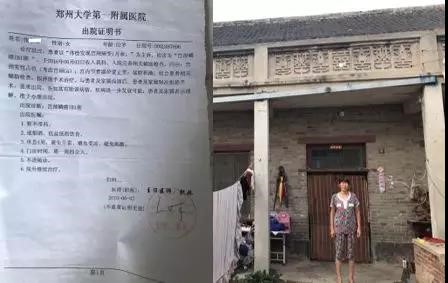
“Caring for women, stay away from Two Cancers” Women's Health Public Welfare Science Program, led by Shenzhen Mater... Learn details
“Caring for women, stay away from Two Cancers” Women's Health Public Welfare Science Program, led by Shenzhen Maternal and Children’s Health Hospital, and co-organized by Shenzhen Women Entrepreneurs Association, Shenzhen Women's Medical Association, Shenzhen Women and Children's Development Foundation, Shenzhen Radio and Television Public Welfare Foundation, and BGI, have organized activities in a number of organizations and communities including Dacheng Law Firm, Chow Tai Fook Jewelry, Wan Gu Group, Bus Group and Shenzhen University since November.
On November 19th, BGI, in collaboration with Shenzhen Women Entrepreneurs Association, Shenzhen Women's Physician A... Learn details
On November 19th, BGI, in collaboration with Shenzhen Women Entrepreneurs Association, Shenzhen Women's Physician Association, Shenzhen Women and Children's Development Foundation, and Shenzhen Radio and Television Public Welfare Foundation jointly launched the Shenzhen Women's Away from Two Cancer Initiative, forming“Stay Away from Two Cancers Working Group". The initiative aims to achieve "early prevention, early detection and early treatment" of two cancers through genetic testing, imaging examination and regular "two cancers" public education, to raise awareness among population and protect women's health.
On July 8, BGI announced in Beijing that it would launch the “10 million families away from genetic birth defects” progr... Learn details
On July 8, BGI announced in Beijing that it would launch the “10 million families away from genetic birth defects” program. The program has launched a series of "technical public welfare" projects for rare diseases, including the "Ziqi Plan" for patients with mucopolysaccharidosis, the "Spring Uncle Plan" for thalassemia and the "Xiaoming Plan" for ichthyosis.
On June 24th, BGI launched the “Ziqi Plan” which is part of BGI’s Using Genomics Technology to TreatRare Diseases Progra... Learn details
On June 24th, BGI launched the “Ziqi Plan” which is part of BGI’s Using Genomics Technology to TreatRare Diseases Program, providing free HLA bone marrow matching testing services for 100 mucopolysaccharidosis patients. The Plan enables the public to further understand the relationship between genes and health, raises the society's awareness of rare disease patients, and contributes to using technologies to benefit rare diseases patients.
Following “Chunshu”’s (Uncle Chun, a nickname for Zhang Erchun a BGI employee who donated stem cells to a thalassemia patient) altruism and kindness, BGI launched the "Chun Shu Plan" which provides free HLA matching services and genetic counselling for 100 thalassemia patients.
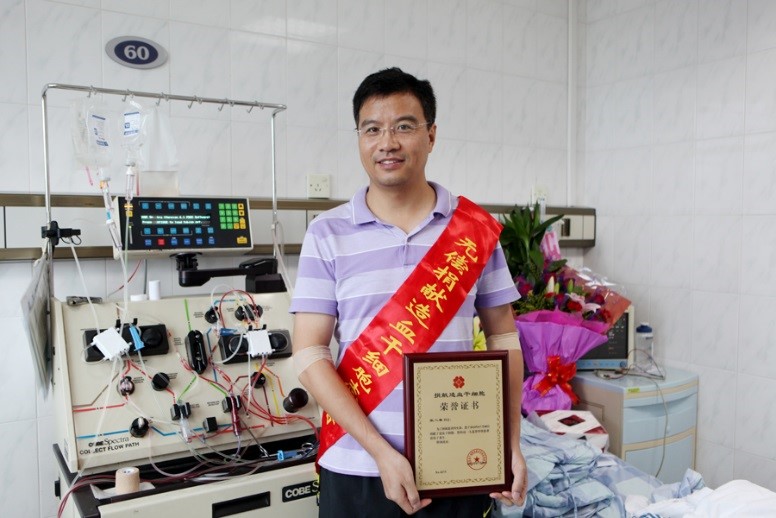
On March 7th, BGI launched the first “Cervical Care Day” campaign and launched the “National Innovative Cervical Cancer ... Learn details
On June 12th, the Women's Health Action and Free Cervical Cancer Screening Campaign, jointly organized by BGI and t... Learn details
On June 12th, the Women's Health Action and Free Cervical Cancer Screening Campaign, jointly organized by BGI and the Fenghuang County Government, was officially launched. It plans to provide cervical cancer screening for more than 50,000 married women at a childbearing age in the period 2012-2014.
On January 8th, BGI has received 30 child patients for HLA high-resolution genotyping testing in Huizhou. Learn details
On January 8th, BGI has received 30 child patients for HLA high-resolution genotyping testing in Huizhou.
On January 25th, the Chinese Red Cross Society awarded BGI Research (now "BGI Life Science Research") the Red Cross meda... Learn details
On January 25th, the Chinese Red Cross Society awarded BGI Research (now "BGI Life Science Research") the Red Cross medal - the highest honor of the Red Cross.
On February 28th, the “Love is Flowing” large-scale public welfare program jointly initiated by the National Population ... Learn details
On February 28th, the “Love is Flowing” large-scale public welfare program jointly initiated by the National Population and Family Planning Commission and the China Population Welfare Foundation was first launched in Guangdong. An advocate for people’s health, BGI donated 100,000 HPV testing services, worth of RMB¥6 million, to the people in poverty, . The China Population Welfare Foundation commended BGI and issued a Certificate of Honor.
In the same year, the Heshan Municipal Government in Guangdong Province launched the “HPV Screening for Cervical Cancer Program for 100,000 Heshan Women ”, using the highly effective screening model -voluntary community screening service without relying on doctors + self-sampling of the subject + sample preservation card + HPV high-throughput gene sequencing technology. It has become the first demonstration site for cervical cancer screening and early detection for the rest of the country.
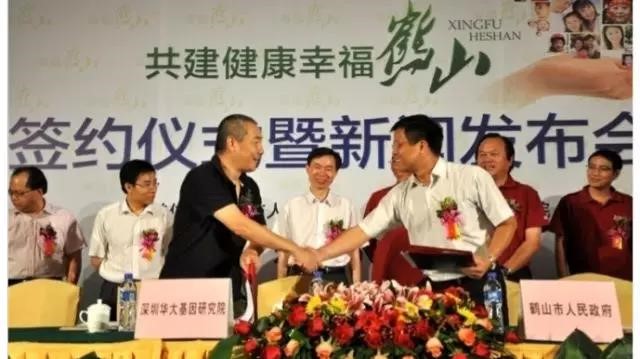
On November 15th, at the Shenzhen High-Tech Fair’s press conference, BGI and the Shenzhen Red Cross signed an agreement... Learn details
On November 15th, at the Shenzhen High-Tech Fair’s press conference, BGI and the Shenzhen Red Cross signed an agreement to jointly carry out the Thalassemia Rescue Project.
In the same year, BGI donated RMB¥43 million to the China Bone Marrow Bank and assisted in the completion of HLA high-resolution sequencing of 90,000 human samples.
The US-based oncology research organization Preventative Oncology International (POI) forms collaboration with BGI and P... Learn details
The US-based oncology research organization Preventative Oncology International (POI) forms collaboration with BGI and Peking University Shenzhen Hospital using MALDI-TOF HPV detection on BGI’s high-throughput PCR platform in the well-known Shenzhen Cervical Cancer Prevention Research Project II (SHENCCAST II) to study and compare large volumes of clinical samples taken by a doctor and samples conducted by the patients.
The results confirm that the MALDI-TOF self-conducted sample test results have the same effect on the sensitivity and specificity as the results of the HC-2 doctor's sample test, with no significant difference. This technology solves the conventional issues e.g. reliance on seeing a doctor for a cervical cancer screening, and low-throughput but high-detection-cost sampling and screening techniques. It makes it possible for the patients to take their own samples, and the test centers to larger volumes of samples using high-throughput technology at much lower costs.
BGI provided a large-scale free medical examination for the registered households in Yantian District, Shenzhen. Learn details
BGI provided a large-scale free medical examination for the registered households in Yantian District, Shenzhen.
BGI began the research and development on HPV typing genetic testing technology useing next-generation high-throughput s... Learn details
BGI began the research and development on HPV typing genetic testing technology useing next-generation high-throughput sequencing to accurate type 14 high-risk HPV’s (16, 18, 31, 33, 35, 39, 45, 51, 52, 56,58,59, 66, 68)) which are highly correlated with cervical cancer as published by World Health Organization.
BGI conducted community programs offering large-scale free medical examinations for ethnic minorities in remote areas in... Learn details